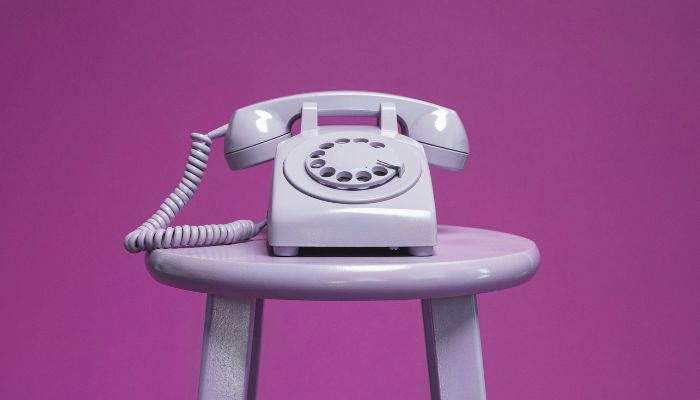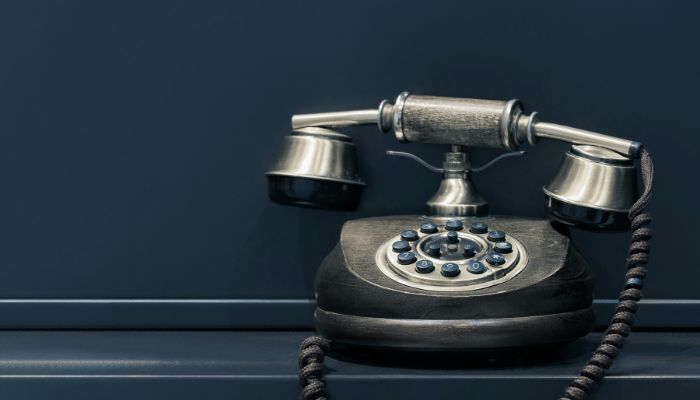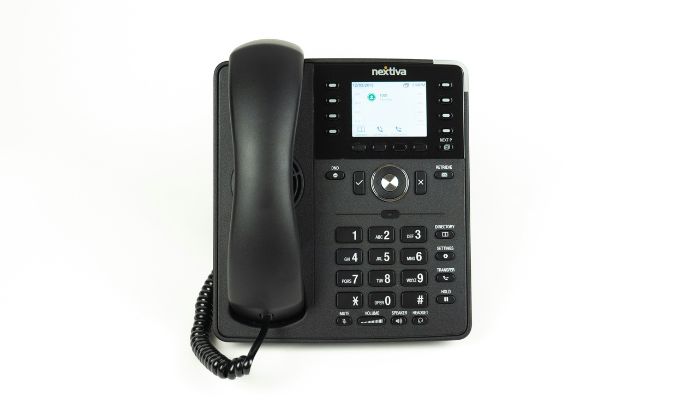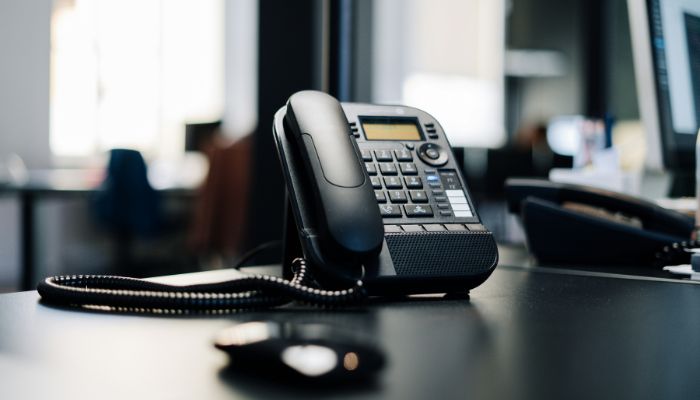
Yes, it is possible for your landline phone number to be misused by others, although not for direct calls. This usually happens through a deceitful practice known as phone spoofing, where scammers manipulate caller ID information to appear as if they are calling from your number. This can lead to unwanted calls, privacy breaches and potentially serious issues such as fraud or identity theft.
Privacy protection and understanding potential risks associated with phone number misuse are key. Additional insight into these risks and strategies to safeguard your number are detailed further into this topic.
Understanding Landline Phone Numbers
In today’s world of advanced telecommunications, landline phone numbers remain a cornerstone of our communication system. A landline phone number is a unique series of digits assigned by telephone companies to each landline service. The number is linked to a specific location and is typically provided by your phone service provider or landline carrier.
Your landline phone number is generally for your private or business use, and no one else can use the number without your explicit consent or a legal mandate. Essentially, the number serves as an identification tied to a specific geographic location and service agreement.
Unauthorized use of your landline phone number is not only a breach of privacy but can also lead to unwanted calls or charges.
Virtual landlines, a more recent development, offer additional flexibility. These numbers are not tied to a specific physical location and can be used from any device with internet access. However, the rules surrounding the use of these numbers maintain the same level of strictness as traditional landlines. Only the assigned user or business is authorized to use the number.
Potential Risks of Landline Misuse
Unauthorized usage of your landline number can expose you to various risks.
- One of these is phone spoofing, a technique employed by scammers wherein they falsify the information transmitted to your caller ID to hide their identity. They might use your landline phone number to trick others into thinking they’re speaking with you.
- Scam calls are another hazard. Criminals could exploit your landline number, placing calls to unsuspecting individuals. The recipients, thinking the call is from a trusted source, may become potential victims of fraud or identity theft.
- Furthermore, the misuse of your landline number may compromise your personal security settings. Many systems, like banks or internet accounts, rely on phone numbers for verification purposes. If someone else uses your number, they could potentially bypass these security checks, gaining unauthorized access to sensitive information.
- Lastly, the unauthorized usage of your landline number can tarnish your reputation. If your number is associated with scam calls or fraudulent activities, it could lead to unwarranted suspicion or legal trouble. Therefore, safeguarding your landline phone number is imperative to protect yourself from these potential risks.
Common Scenarios of Phone Number Theft

Phone number theft, often slipping under the radar, manifests in a variety of common scenarios. A frequent incident involves a phone scammer obtaining your landline phone number and using it to make calls, giving the impression that you are the one initiating contact. This unlawful activity is a type of spoofing scam, which is becoming increasingly prevalent in this digital age.
In another scenario, identity thieves may use your landline phone number as part of a larger scheme to steal your identity. They could potentially use your number to authenticate various accounts or services, or even to dupe unsuspecting individuals into believing they are dealing with you rather than the scammer.
Moreover, phone number theft could also occur when a scammer intercepts your calls, rerouting them to a different number. This allows them to impersonate you, gaining access to valuable personal information from those who believe they are communicating with you.
The danger in these scenarios is the potential for significant damage – both financial and reputational. Hence, it’s imperative to be aware of these common scenarios, take preventive measures, and stay vigilant.
Methods Used by Scammers

Scammers employ various sophisticated tactics to exploit your landline phone number.
- One common method is phone number spoofing. This is where the scammer manipulates the caller ID to display a different number, often posing as a trusted entity to trick the recipient. They typically use VOIP services, which allow them to make and receive calls over the internet, to execute this spoofing scam.
- Another common method used by scammers is social engineering. This involves manipulating the victim into giving away confidential information. The scammer might pose as a bank representative or a government official and use persuasive language to convince the victim to share sensitive data.
- Phishing attacks are also a popular tactic. In such cases, the scammer sends seemingly legitimate but fraudulent emails or text messages to the victim. These messages often contain a link that, when clicked, leads to a fake website designed to extract personal information.
Understanding these methods is the first step in protecting your landline phone number from scammers. In the next section, we will discuss strategies to safeguard your number and minimize the risk of falling victim to these scams.
Protecting Your Landline Number
Given the cunning strategies employed by scammers, it becomes imperative to fortify the security of your landline phone number. A few simple steps can make a world of difference in protecting your phone line from unauthorized use and unwanted interruptions.
- Engage with your Phone Carrier: Your phone carrier is equipped to help with security matters. Most carriers have services that block incoming spam calls, significantly reducing the risk of falling prey to scams.
- Control your Outgoing Calls: Be cautious of where and when you display your landline phone number. Avoid providing your number to unverified sources on the internet or over the phone. Scammers can easily obtain your number from these places.
- Use Call-Blocking Services: Implement services that block spam calls. These services use databases of known spam numbers to prevent those calls from reaching you. Some phone carriers offer this service, or you can use third-party apps.
Dealing With Unwanted Calls and Frauds

Despite best efforts to protect your landline number, you might still encounter unwanted calls and potential frauds. Caller ID spoofing exacerbates this situation; fraudsters use this deceptive technique to disguise their identity, making it seem like they are calling from a different number. Recognizing the signs your landline phone is hacked can help you take appropriate action against these threats.
Unwanted calls can be persistent and annoying, but they can also lead to fraudulent activities. Therefore, it is crucial to be vigilant and proactive in managing these calls. Telecom companies often provide services to help identify and block such calls. Additionally, reporting these calls will help improve the system and deter potential fraudsters.
Fraud alert services are another effective tool in combating these issues. They provide real-time warnings about potential scams and fraudulent activities linked to your landline number. Registering for such services can provide an extra layer of protection and peace of mind.
Conclusion
The potential misuse of landline phone numbers presents a significant risk to personal security and privacy. It is crucial to understand the threat posed by scammers and the tactics they employ.
By implementing protective measures, unwanted calls and potential fraud can be minimized. Constant vigilance and awareness of the methods used by fraudsters can assist in safeguarding one’s landline phone number from theft and misuse.